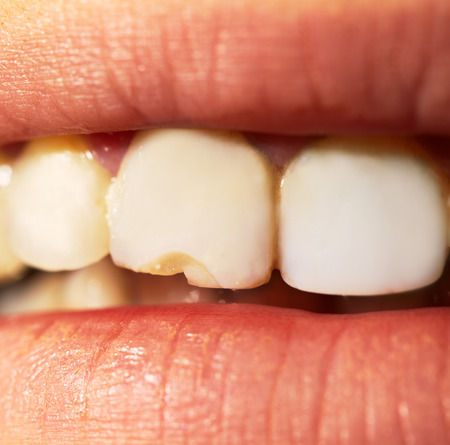
In such cases, dental crowns can help to save a patient’s biological tooth and preserve the patient’s oral health.
Dental crowns are tooth-shaped caps that slide over the biological tooth. They can be used in cases that are too severe to be treated with more conservative restorations, like fillings and dental bonding.
A dentist may prepare the tooth for the crown by removing a certain amount of enamel to make room for the restoration. Then, the crown is bonded atop the enamel.
Not only can crowns help to maintain a natural tooth, the treatment timeline can be reduced to a matter of hours when the dentist offers CEREC crowns.
CEREC, which stands for Chairside Economical Restoration of Esthetic Ceramics, relies on software that is used to design the crown, which is then crafted on-site. Most patients will complete the CEREC treatment in about an hour. Compare this to a process that can take a few weeks if the specifications need to be sent to an off-site dental laboratory that creates the crown.
Because the computer-assisted design matches the crown to the patient’s unique specifications, the result is a remarkably lifelike crown that blends in with the rest of the smile. The patient need not worry that saving the tooth requires a noticeably artificial restoration.
Preserving a damaged tooth is the best course of action whenever it is feasible to do so. A dental crown can help patients reduce their risk of tooth loss following a tooth fracture, although no treatment is truly foolproof. If you have fractured a tooth, seek treatment from a dentist as soon as possible so that you can be fitted with a crown that will restore both your smile’s appearance and its function.
If you have fractured a tooth and need immediate attention, contact the office of Dr. Philip Kozlow today.